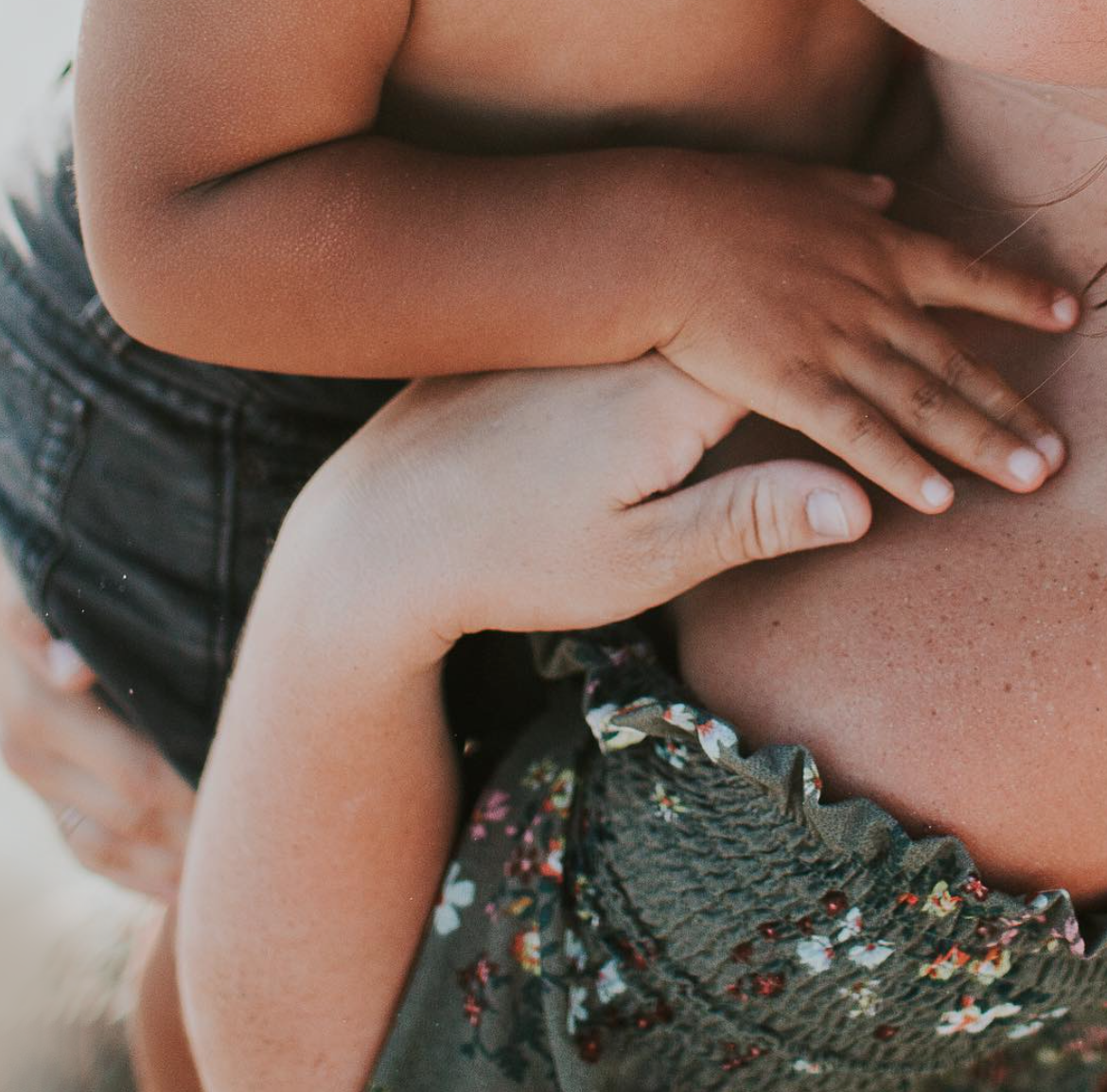As parents we want to protect our children at all costs. We want to pick them up before they fall and we want to bring them joy by any means necessary. The truth is, being a parent doesn’t come with an instruction manual for how to do all of these things. One of the good things that I’ve learned about being a boy mom for five years so far is it is okay to not have all of the answers every day. I have also learned that we as parents are lifelong learners not only for ourselves, but even more for our children. Being a lifelong learner means being intentional in our parenting and being open to learn daily for our children, especially when it comes to building their self-esteem in order to equip them to navigate throughout the world we live in. Brown skin children in particular need more mental, emotional and spiritual support in order to develop positive self-esteem from very young ages.
There are so many messages in the world telling our children who they should be and who they should look like. As parents it is our job to instill positive and healthy ideals, images, and messages into our children.
I was led to believe that Blackness was inferior for many years of my life. From the young age of six years old, I despised my dark skin color and natural, kinky, curly hair texture. When I looked in the mirror I did not see beauty. Beauty was the opposite of what I was–it was having long straight hair and lighter skin. Having relaxed hair made me feel somewhat beautiful. White was right, and Black was not. My mom did the best she could, but it wasn’t enough. There was an invisible fight between society, my peers and myself that my mother was not equipped to tackle. My healing journey of embracing my true identity and loving myself with my kinks, curls and dark skin took more than fifteen years. I was afraid to share these feelings with my family and close friends mostly because I didn’t want to feel judged.
Because of my own personal experience, I created The Empowering Little Naturals Framework as a resource that comes alongside parents as they build positive self-esteem in their children.
Below are components of my framework:
FIVE TIPS FOR BUILDING SELF-ESTEEM IN YOUR CHILD:
Hair Love is a key component to boost self-esteem! When our daughters have education around their hair, it increases their hair love. Growing-up, I had no idea how to take care of the kinky, curly hair on my head, which made me so afraid of it. It’s important for your brown skin girl and even brown skin boys to love and embrace their natural hair in its coils, curls and kinks! Taking pride in caring for natural hair is also extremely important and requires dedication and patience! Parents, it’s critical that you authentically learn about natural hair care to support your child’s hair love, which contributes to positive self-esteem.
Positive self body image is another critical component building your child’s self-esteem. How your child views their body, health and physical identity leads to their self body image. It’s important to teach our children how to embrace and love their bodies, especially skin complexion and body shape to create a positive body image.
Social-emotional learning is an additional component. Social-emotional learning is a child’s ability to manage their emotions and foster positive relationships within themselves and others. It is critical and should be heavily focused on when building our children’s self-esteem. These social-emotional competencies are extremely important so that our brown children are equipped with strategies to manage their emotions, especially since statistics show that Black children are suspended more than their peers for the same offenses. These suspensions and disciplinary actions often lead to low self-esteem and mistrust of the school community.
The self-awareness competency is the ability to accurately recognize one’s emotions and thoughts and their influence on behavior. It is recognizing and labeling the emotions and considering how they might be affecting one’s behavior and choices.
Self-management is another social-emotional competency that is critical to a child’s self-esteem. Self-awareness and self-management are closely linked. As a mother and educator, I have found developing and fostering self-management within children can be challenging and exhausting tasks. Being able to stop and calm down when one is upset is self-regulation. As a child continues to work on their self-management and develops techniques to use when they become upset they also become more empowered to navigate through tough situations. As parents we’re also challenged with self management, especially if you step on 7733388 Legos daily like me!!!
If you have a daughter in elementary or in middle school, these are her formative years. The way she learns to see herself now will carry over into the way she sees herself as an adult. This work needs to be done before she enters high school, so that she has the foundation to stand up against society, social media and white standards of beauty. It’s up to us, as parents, to disrupt this negative cycle of beauty to prevent our children from suffering silently like many Black and brown people do. We want to catch our children before they fall and we need to catch them before society and peers make them think differently about who they are and question their purpose in the world.
How can all communities support and empower our Black and brown children? Be open to learning from those who have experienced this journey. Challenge yourself to continue disrupting the cycles by having courageous conversations and realize the importance of doing this work now.
Sign-up here to download a handout for next steps to boost your child’s self-esteem today and the Empowering Little Naturals framework!
I would love to meet you at my next upcoming workshop!

CHANTEL enjoys spending time with her energetic five year old boy and she enjoys yoga. Chantel has been a primary educator for thirteen years and counting. She enjoys teaching and learning with children. She has witnessed many of her brown skin students on similar journeys of self acceptance and self worth, which causes them to suffer with low self-esteem. With her own past experiences of embracing her identity, she feels that the cycle of brown children not accepting and embracing Blackness needs to continue to be disrupted. She is deeply passionate about supporting families raising brown skin children.










